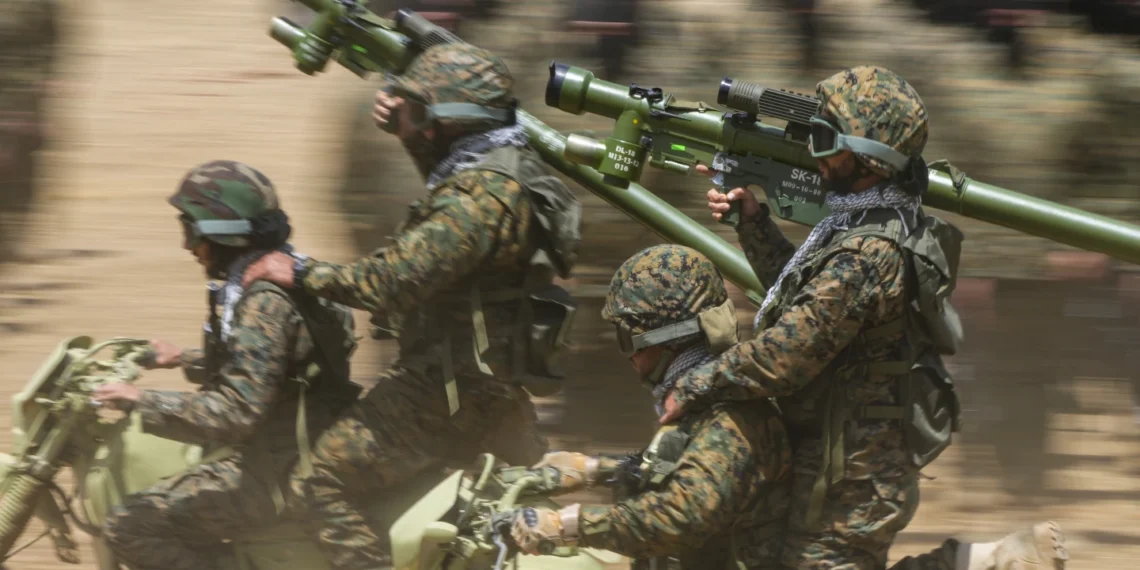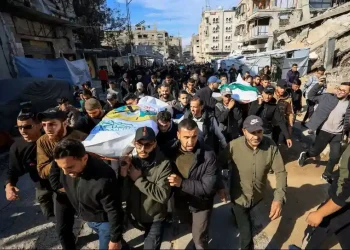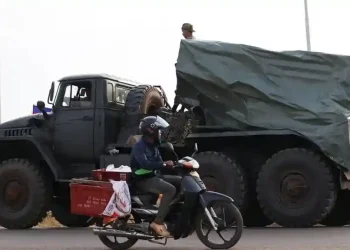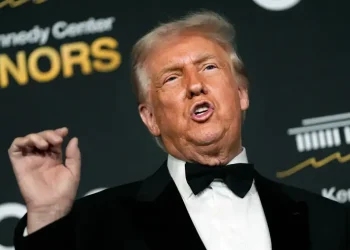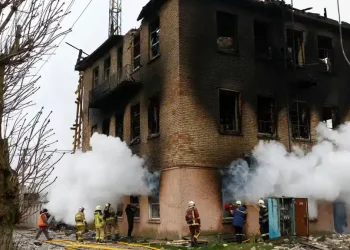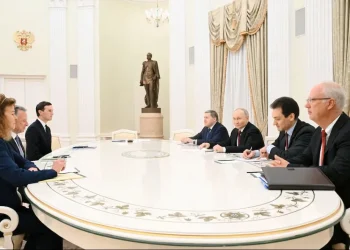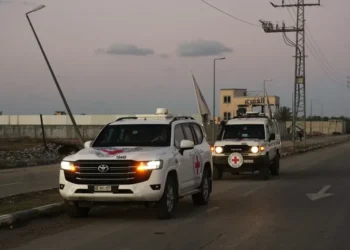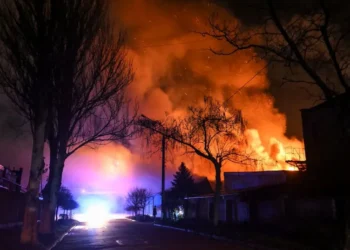Will Hezbollah Disarm? Rising Pressure and the Path Forward
BEIRUT – Tensions in Lebanon have reached a boiling point as Israel’s recent airstrike targeted a Hezbollah missile storage facility in Beirut’s southern suburbs, intensifying the already mounting pressure on the militant group to disarm.
For years, Hezbollah has been a formidable force in the region, but recent events have cast doubt on the group’s future, making disarmament seem increasingly inevitable. Hezbollah’s power has been severely undermined after its leadership suffered heavy losses in its ongoing conflict with Israel, and its key ally, Syria, has lost much of its influence with the fall of Bashar Assad’s regime. With vital supply routes from Iran blocked, Hezbollah’s strength is steadily diminishing.
While Israel and the U.S. have ramped up their calls for Hezbollah to disarm, the question remains: when and how will it happen? The situation is far from clear.
Lebanon’s President Joseph Aoun has repeatedly emphasized that the disarmament of Hezbollah must be a peaceful process, achieved through national dialogue and not force. He has committed to putting all arms under state control but insists that the matter will be addressed in the context of a broader national security plan.
Many fear that attempting to enforce disarmament through force could lead Lebanon back into civil conflict, a scenario that Aoun has called a “red line.” Hezbollah, for its part, has indicated it’s open to discussions about its arsenal—but with key conditions. Hezbollah leader Naim Qassem recently stated that any serious conversation would depend on Israel’s withdrawal from occupied Lebanese territories and the cessation of Israeli airstrikes.
“The Lebanese have to strike a delicate balance,” said Aram Nerguizian, a senior associate at the Center for Strategic and International Studies. He cautioned that pushing disarmament too quickly could alienate Hezbollah’s base, while waiting too long risks losing momentum and legitimacy.
The disarmament of Hezbollah would be a historic step. After Lebanon’s 15-year civil war ended in 1990, most militias were disbanded, except for Hezbollah, which had been granted special status as a resistance force fighting Israeli occupation in southern Lebanon.
President Aoun has proposed a gradual process for disarmament. He envisions former Hezbollah fighters being integrated into Lebanon’s military forces, with usable weapons incorporated into the army’s arsenal and unusable weapons destroyed. However, Nerguizian notes that most of Hezbollah’s heavy weapons — including missiles and drones — have already been destroyed, largely by Israeli airstrikes. The remaining weapons, however, are likely incompatible with the Lebanese army’s Western-supplied equipment, as Hezbollah’s weapons come from Iran, Russia, and China.
Incorporating Hezbollah’s tens of thousands of fighters into the Lebanese army poses another challenge. Their ideological alignment with Iran, and their paramilitary structure, makes integration complex. Retired Lebanese army General Hassan Jouni, however, believes that with proper training, former Hezbollah fighters could become part of Lebanon’s military, though he acknowledges that religious and ideological barriers may remain for some.
Hezbollah spokesman Ibrahim Mousawi has said that the group remains open to discussing disarmament but insists that the destruction of Hezbollah’s weapons should not be seen as a condition for Lebanon’s future security.
The question of when Hezbollah will disarm remains unclear. The U.S. and Israel continue to press for immediate action, but Hezbollah’s demands for Israeli withdrawal complicate matters. U.S. officials, including envoy Morgan Ortagus, have called for disarmament “as soon as possible,” but a Lebanese diplomat suggested that the U.S. has been slow to push Israel for a full withdrawal from southern Lebanon’s disputed territories.
While the U.S. has acknowledged the Israeli occupation of key border areas, pressure on Israel to leave those territories has been limited. According to Bilal Saab, a former Pentagon official, the smart approach to breaking the deadlock is for the U.S. to increase support for Lebanon’s army and simultaneously encourage Israel to vacate the disputed areas.
Retired General Elias Hanna believes that Hezbollah’s political and military clout is in decline, and that disarmament must happen as part of a broader strategic shift for Lebanon’s military. He suggests that Hezbollah’s experience in deterring Israel could be valuable to the Lebanese army, but only if the military can integrate those lessons into its future doctrine.
For now, the world waits. The path to disarmament is fraught with obstacles, but the consensus among analysts is clear: Hezbollah must either lay down its arms voluntarily, or they will be taken by force, most likely at Israel’s hand.
Hezbollah’s choices are narrowing, and the future of Lebanon’s security may depend on how quickly it can resolve this longstanding issue.
This article was rewritten by JournosNews.com based on verified reporting from trusted sources. The content has been independently reviewed, fact-checked, and edited for accuracy, neutrality, tone, and global readability in accordance with Google News and AdSense standards.
All opinions, quotes, or statements from contributors, experts, or sourced organizations do not necessarily reflect the views of JournosNews.com. JournosNews.com maintains full editorial independence from any external funders, sponsors, or organizations.
Stay informed with JournosNews.com — your trusted source for verified global reporting and in-depth analysis. Follow us on Google News, BlueSky, and X for real-time updates.
